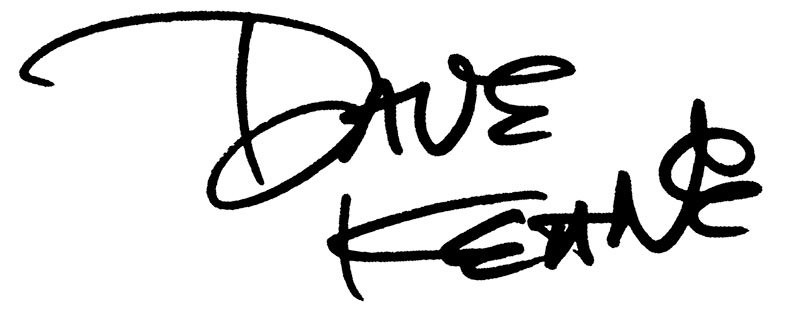Tips for Kids
Sitting down to write a book, a poem, or a simple story can seem like an impossible and mysterious task. But just about anybody can experience the thrill of making magic happen with words. Here are five simple and important tips you might want to try. They've helped me and they might just help you.
1. Word up
I love words. I love learning new words. And there is no more important tool in a writer's toolbox than a healthy supply of juicy words.
Of course, there was a time when I had the vocabulary of a crooked-neck squash—it was terrible! Then one day, when I was 17, I decided I needed to dedicate myself to figuring out what everyone was talking about. Today I kick myself for waiting so long to make that decision.
Here's what I did: I got curious. That's really all you need. Commit yourself to stop skipping over words and expressions that you don't know. When you hear a word you don't know, think of it as a punch in the eye. Immediately jump up and write the word down in a word notebook. Write the definition from a dictionary on the back of the page so you can quiz yourself later. Ask adults if they know the word (if they don't you can teach it to them). See if your dictionary explains where the word came from. Try to use it in a sentence.
At first, the process is maddening because you'll feel like you're getting smacked in the eye all day long. But keep at it, and before long you'll have the most important tool a writer can have: a rich vocabulary.
2. Figure out what you love to read
If you're not currently a book lover, become one fast. How? Find out what you love to read. For me, it's mysteries and thrillers. I read other things too, but these kind of books keep me up late at night. I've even figured out which writers I like most, so I always buy their new books on the day they come out. For you, it might be something else, like funny books with goofy stories, comic books, graphic novels, scary books, or books about bugs or horses. In the end, it really doesn't matter. As long as you discover what you love to read, you'll become a "reader" for life. You'll have plenty of time to branch out later.
And if you get stuck on a book and are no longer interested in reading it, try another book, for Pete's sake! The book won't know the difference!
When you're ready to try writing a story, try writing the kind of story that you would enjoy reading.
3. Get your fanny to the library
If you don't go to the library regularly, start today. Or tomorrow. If you don't have your own library card, get one fast. Don't wait. (Yes, even kids can get library cards!) There's a sea of books at your local library just waiting to be sailed. And don't just check out one book, get a whole stack. Get five. Get ten! Not every book is for every person! So flip through them. Study them. You don't have to read each one, but I'll bet there's a treasure hidden somewhere in that stack. If there is, ask your librarian if there are more by that author. Or any others like that one. In short, make the library a habit and don't be afraid to ask for help—book lovers love to help other book lovers!
4. Fill your tree with ripe fruit
When you start to write, you need something to say. You'll be plucking fruit from the tree in your head and setting those things down on paper. So make sure your tree is heavy with fruit. How? Keep learning stuff! Go to the library or the bookstore and walk around. Pick up books on things that catch your eye, like books on bridges, spiders, cave paintings, magic tricks, eyeballs, worms, ninja warriors . . .whatever! Flip through magazines. Ask questions. Became a detective investigating the world around you. But always let your curiosity be your guide. All that stuff comes in handy—trust me!
5. Get started
Start writing now, but start small. A funny sentence. An interesting phrase your uncle said. The name of a fruit you've never heard of before. A list of every gross word you can think of. Weird names. Make up short, ridiculous stories that make you laugh, or creep you out. Go ahead and draw a picture to go with it. The important part is getting into the habit of putting stuff on paper (or clacking away at the keyboard if that's what you prefer!).
Remember, you're not trying to write a fat, complicated book. Instead, you're getting into the habit of expressing yourself on paper and exploring the mysterious power of words. Drop this stuff into a folder or binder and keep it coming. Presto! You're already a writer and you didn't even know it!
